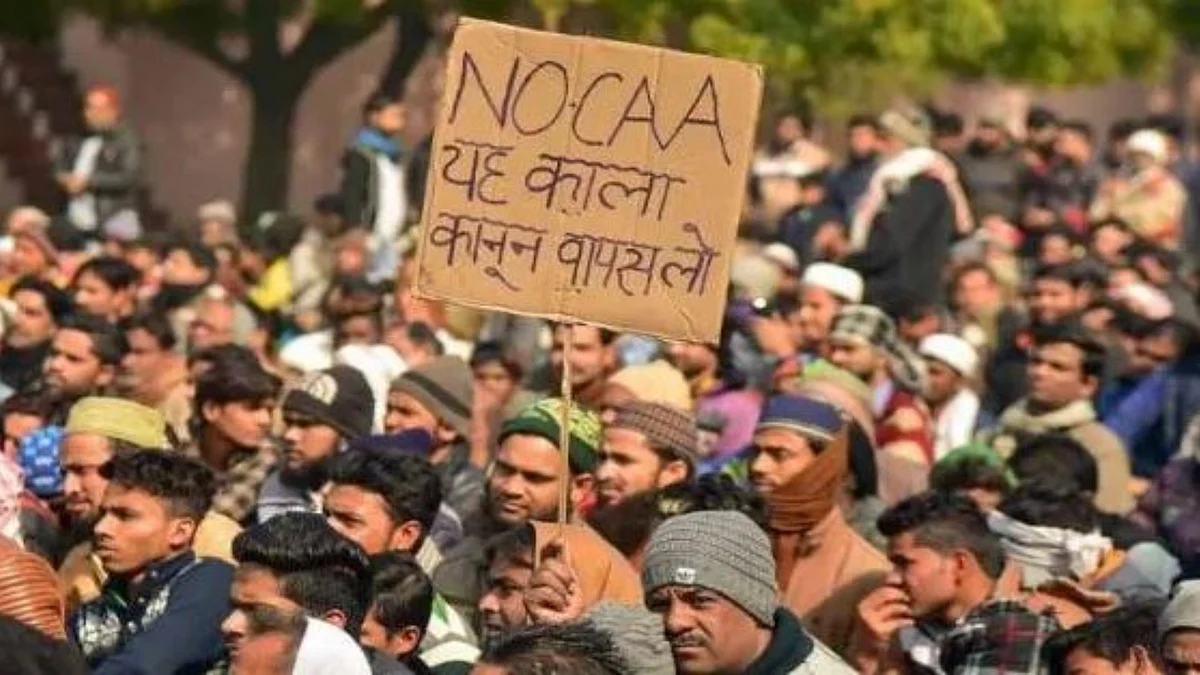UNHCR moves Supreme Court against CAA, says it lacks objectivity, not in sync with international covenants
The UNHCR has moved an intervention application in the Supreme Court criticizing the CAA, as it puts Muslim migrants at risk and also has issues of reasonableness and objectivity

The Office of the United Nations High Commissioner for Human Rights has filed an intervention in the Supreme Court on the Citizenship Amendment Act (CAA) and informed India's Permanent Mission in Geneva about it, the Ministry of External Affairs said Tuesday.
The application was filed by Michelle Bachelet Jeria, the UN High Commissioner for Human Rights (the High Commissioner).
The High Commissioner has sought to intervene as amicus curiae (third-party) in the case, citing her mandate to protect and promote all human rights and to conduct necessary advocacy established pursuant to the UN General Assembly resolution.
"While reducing the risk of refoulement for certain communities, the CAA unequally places other communities at such risk. Accordingly, the narrow scope of the CAA, which extends protection from return only on religious grounds and limited to the specific ethnoreligious groups, may not be sufficiently objective and reasonable in light of the broad prohibition of refoulement under international human rights law," said the High Commissioner in the application.
The application said that for the purpose of this intervention application, in the present case, the question is therefore not a matter of the general purpose of the law, but whether the differentiations drawn within the law (CAA), namely the exclusion of persons from the scope of the law, on the basis of their religion is sufficiently objective and reasonable.
The application says the CAA protects Afghan, Bangladeshi and Pakistani Buddhist, Christian, Hindu, Jain, Parsi and Sikh migrants who meet the conditions set out in the CAA from being returned to a country where they would face persecution on religious grounds, by addressing their irregular migration status by providing them with an expedited pathway to citizenship.
"While this is a worthy and commendable objective, it raises a number of issues related to India's wider human rights obligations in the context of the fundamental principle of non-refoulement," added the plea.
Meanwhile, the MEA asserted that the CAA is an internal matter of India and concerns the sovereign right of the Indian Parliament to make laws.
"Our Permanent Mission in Geneva was informed yesterday evening by UN High Commissioner for Human Rights (Michelle Bachelet) that her office had filed an intervention application in the Supreme Court of India in respect to the 2019 Citizenship Amendment Act," MEA Spokesperson Raveesh Kumar said.
"We strongly believe that no foreign party has any locus standi on issues pertaining to India's sovereignty," he said.
India is clear that the CAA is constitutionally valid and complies with all requirements of its constitutional values, Kumar said.
"It is reflective of our long-standing national commitment in respect of human rights issues arising from the tragedy of the Partition of India," he said.
"India is a democratic country governed by the rule of law. We all have the utmost respect for and full trust in our independent judiciary. We are confident that our sound and legally sustainable position will be vindicated by the Supreme Court," he said.
With input from agencies
Follow us on: Facebook, Twitter, Google News, Instagram
Join our official telegram channel (@nationalherald) and stay updated with the latest headlines
